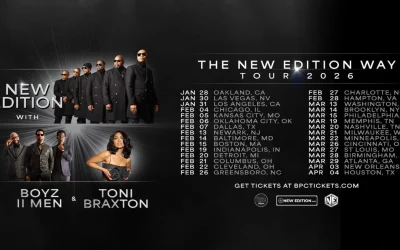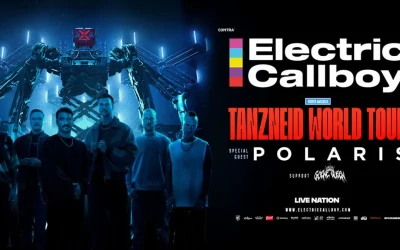The Swedish rockers of Ghost are bringing Skeletour back to North America early next year, but fans hoping to score presale tickets this week were met with the harsh reality of exorbitant ticket prices.
The trek is slated to cross the U.S. and Canada, kicking-off in January and running through the end of February. The group revealed that each show will be a phone-free experience, with fans’ devices secured in Yondr Pouches for the duration of the performance.
Tickets were available starting with an artist presale on Tuesday, September 30. Fans were quick to point out the eye-boggling ticket prices; pit tickets were available for over $300. Many complained that prices increased since the last “ritual,” leaving thousands empty-handed.
Ghost fans aren’t alone; rising ticket prices have been a never-ending topic across the industry. From Olivia Rodrigo and Sabrina Carpenter to Sleep Token and Green Day, fans have lashed-out at Ticketmaster for the same scenario. Fans trying to purchase tickets to any big-name act on Ticketmaster are stuck struggling through the ticketer’s online queue, face error codes and long-wait times. Then, when they finally reach checkout (if they ever do) those tickets are gone — or priced so high that fans just give up.
To make matters worse, Live Nation CEO Michael Rapino downplayed consumer frustration over rising ticket costs last month, calling them “underpriced.”
“In sports, I joke it’s like a badge of honor to spend [$70,000] for Knicks courtside,” Rapino said. “When you read about the ticket prices going up, it’s still an average concert price [of] $72. Try going to a Laker game for that, and there’s 80 of them [in a season].”
His comments have sparked backlash across the internet — from not only fans, but also musicians, including acclaimed music producer Jack Antonoff.
Unfortunately, fans might not see comedown on ticket prices anytime soon. Live Nation has continued its stranglehold on the industry, with revenue climbing 16% year-over-year to $7 billion and adjusted operating income (AOI) up 11% to $798 million during its second quarter report this year.




